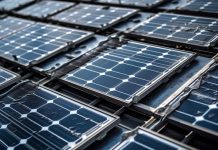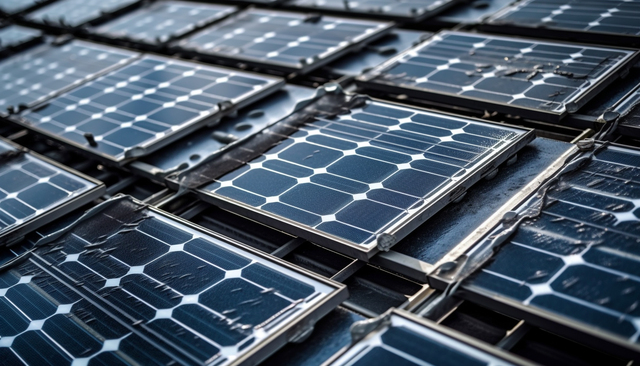India is poised for a massive leap in solar manufacturing, with solar module production capacity expected to double from 80 GW in 2025 to 160 GW by 2030. Experts project solar cell manufacturing to grow even more dramatically—from 15 GW to 120 GW over the same period. These figures, revealed in a SolarPower Europe report with India-specific insights from the National Solar Energy Federation of India (NSEFI), highlight the country’s commitment to building a robust domestic solar supply chain.
Expanding Upstream Capabilities
India is not just scaling solar module and cell production. The report also forecasts that manufacturers will significantly increase wafer and polysilicon production—critical upstream components. They plan to boost capacity in this segment from 6 GW in 2025 to 100 GW by 2030, reinforcing India’s aim to cut reliance on imported solar components and strengthen self-reliance in clean energy technologies.
Pushing Toward the 500 GW Non-Fossil Fuel Target
These manufacturing advancements align with India’s broader renewable energy goal of achieving 500 GW of non-fossil fuel capacity by 2030. As of February 2025, India had already crossed 100 GW of installed solar capacity (AC)—a milestone driven by rapid growth over the past three years. To stay on course, the country plans to add another 200 GW of solar capacity in just the next five years.
Annual Installations See Record Growth
India’s solar installation momentum continues to build. In 2024, annual photovoltaic (PV) installations grew by an impressive 145% year-on-year, reaching 30.7 GW. Projections for 2025 show further growth, with installations expected to rise by 21% to 37.3 GW.
Forecasting Solar Capacity by 2030
If current trends continue and government support remains strong, India will install between 280 GW and 320 GW AC of cumulative solar PV capacity by 2030, depending on the pace of growth. According to pv-magazine-india.com, the report outlines both low- and high-growth scenarios, highlighting India’s accelerating shift toward clean, self-sufficient energy systems.

































